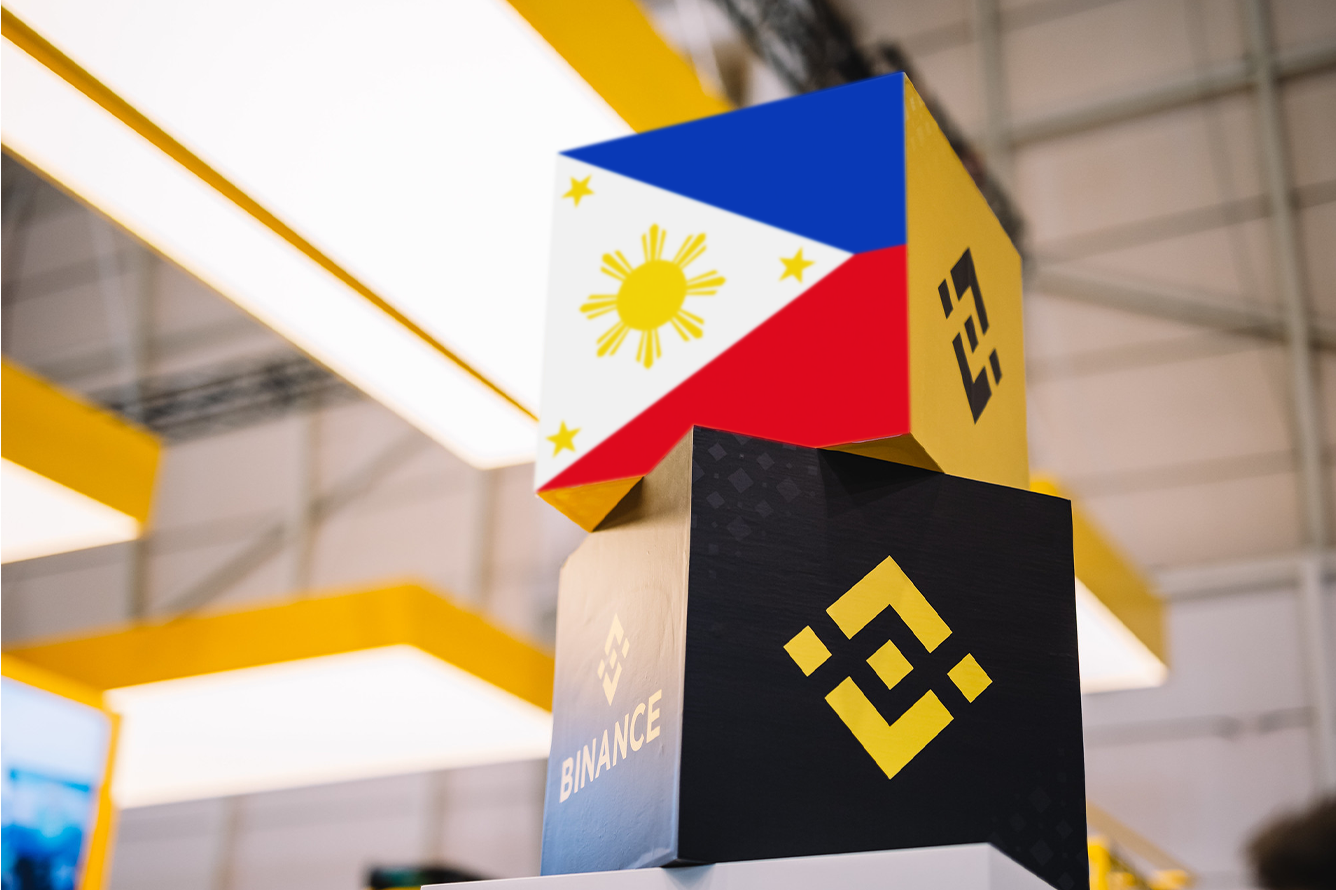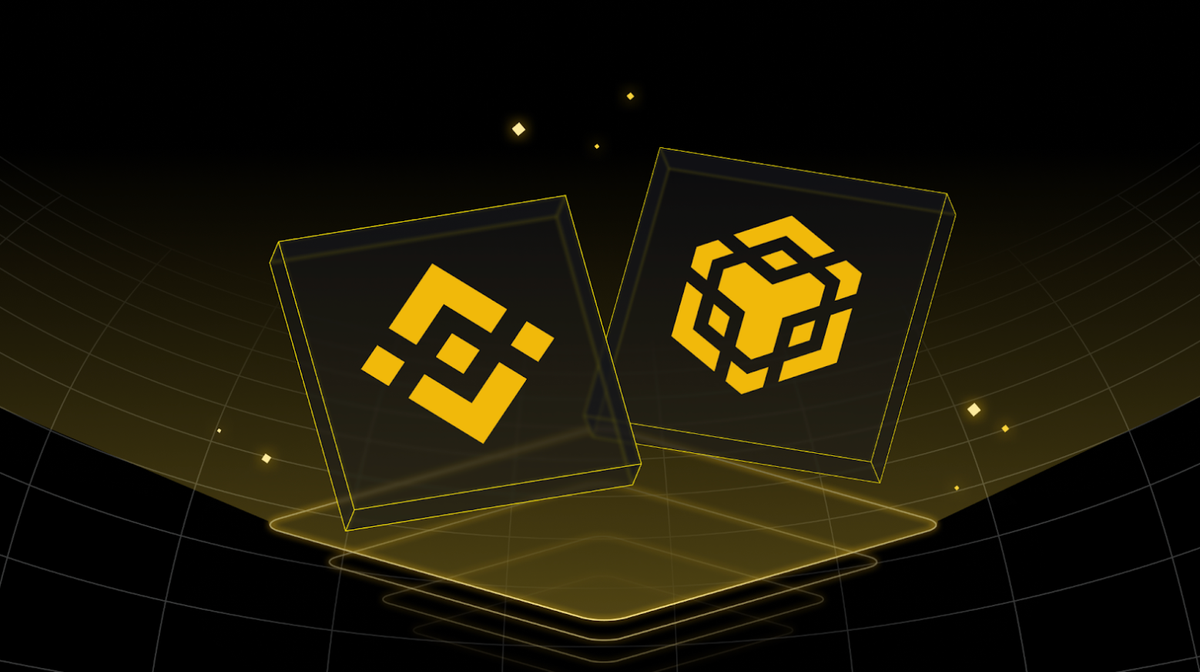Binance Might Be Blocked in Philippines Soon But Will it Stop Them?

Financial regulators in the Philippines are set to block Binance from the country, potentially as soon as the end of the month.
In November, the Philippine Securities and Exchange Commission (SEC) warned citizens against using the crypto exchange, which was put on notice for operating without a license.
Binance was told that it had until the end of February to address the problem and that if it failed to do so, the SEC would block its operations.
Officials are “working with other government agencies on the procedure of restraining unregistered entities’ operations in the Philippines,” a spokesperson from the SEC said.
The exchange has not publically addressed the issue, leaving uncertainty among its users.
“The community is in the dark about whether it’ll actually happen at the end of the month or not,” Luis Buenaventura, an assistant vice president at GCash and the co-founder of crypto exchange platform BloomX said.
Concerns from the Filipino regulators follow a tumultuous year for Binance, which saw founder Changpeng Zhao stepping down and pleading guilty to federal criminal charges of violating the Bank Secrecy Act.
Originally set for sentencing on 23 February, Zhao's fate has since been pushed back to April. He faces 18 months to ten years in prison.
Binance is blocked in the UK, Netherlands, Canada, Malaysia, and the US (although Binance.us operates as a separate entity).
Despite Binance's slew of global regulatory challenges, the world's largest crypto exchange continues to be unstoppable.
More users have visited the platform in January than in any other month since at least November 2022.

According to data from DefiLlama, Binance has had net inflows of $4.6 billion since its deal with US authorities on November 21, when it entered into a guilty plea to charges involving money laundering and sanctions evasion.
Binance is also allowing some of its larger traders to keep their assets with independent banks, such as Switzerland's Sygnum Bank and Flow Bank. Traditionally, Binance clients had their assets either on the exchange or with Ceffu, Binance's dedicated custodian.
The new custody arrangement proposed by Binance involves allowing customers to deposit capital in US Treasuries at these custodian banks, which not only secures assets but also provides an interest return in the current high-interest rate environment.
Additionally, last month, Binance unveiled a crypto exchange in Thailand in partnership with Gulf Energy's subsidiary Gulf Innova.
The pair's joint venture, Gulf Binance, launches Binance TH's full operations in the country with access to the general public.
Gulf Binance secured digital asset operator licenses from Thailand’s Ministry of Finance in May 2023, marking Binance's first license in Southeast Asia.

